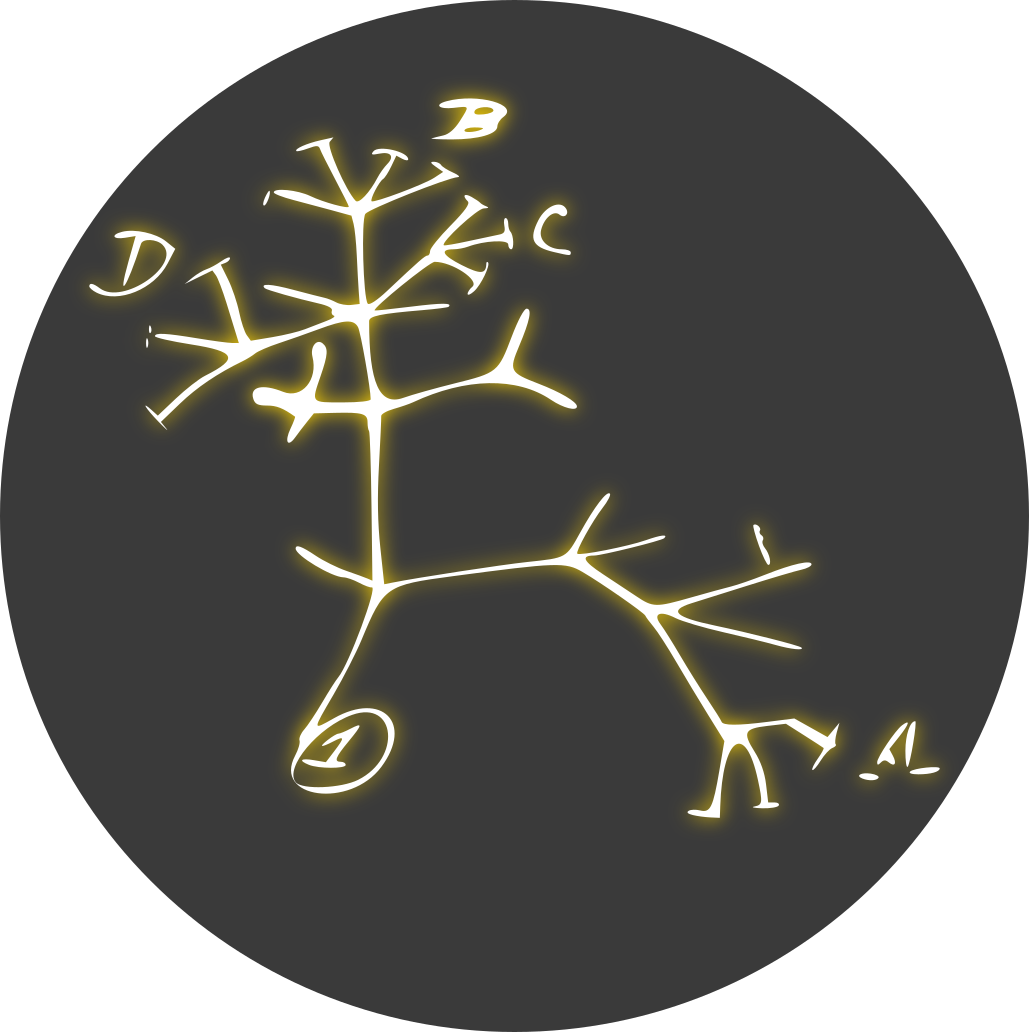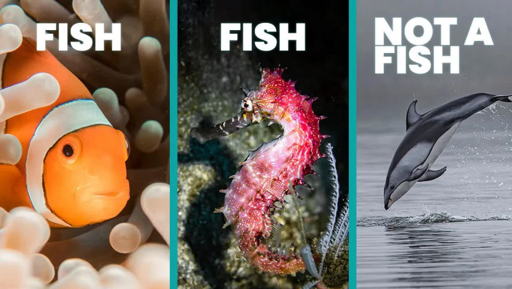Some weird, German communist, hello. He/him pronouns and all that. Obsessed with philosophy and history, secondarily obsessed with video games as a cultural medium. Also somewhat able to program.
- 17 Posts
- 19 Comments

 79·3 days ago
79·3 days agoSo, this has actually been one of those things often claimed, you may have heard of it or maybe even thought it yourself (I certainly had the thought as an edgy teen). Stuff like “For all the horrors, they probably did make some progress with experiments in concentration camps” or similar things.
Now, beside the point of it being unacceptable to do so ethically - the stuff done there was also quite useless. I currently can’t do the work of searching for and gathering all the sources again, but to my memory: the cruelty and dismissal of humanity made the “results” of those “studies” mostly useless garbage, saying nothing at all worthwhile for science, and being clearly tainted ideologically.
Because, while you may think that in some “ideal” world, you could have neutral research on unwilling humans, the reality has always been, that the conditions needed to get humans to do such experiments on other humans, necessitate the kind of ideological distortions, that mostly make the results useless in the end. There’s simply not enough psychopaths that are also willing to do proper, frustrating, hard-work-necessitating, non-self-aggrandising research - and to get non-psychopaths to do it, you need an ideology that ultimately removes their neutrality and the neutrality of the research.
The only things I remember being deemed “useful” and “properly” done from a scientific perspective in the recovered “studies” were things like “lethality of grenades by proximity to the explosion” - something that is questionable to begin with in value and that can also be determined with sensors of different kinds - as well as “effects of massive hypothermia and frostbites” - which as far as I remember basically just confirmed what has been estimated from case studies in a broader way, as well as animal studies (the latter, admittedly, have their own legitimate controversy).

 0·3 days ago
0·3 days agoWhen setting up my own here, I was debating to go for PieFed because I like the underlying features - but having had no sysadmin experience before, I went with Lemmy due to better documentation. But I am thinking about switching - can you “migrate” your instance, or did you just set up a new PieFed one and abandon the old Lemmy one?

 0·3 days ago
0·3 days agoTo quote myself from their comments:
So happy to see this one pop up in my notifications, will probably have to watch it twice in a row at least! I don’t want to be the annoying guy advertising other platforms in the comments, so let me preface that I mean this just exactly as is said, as a compliment: You are one of the few channels that I still return to big platforms like YT for, instead of staying in the Fediverse.

 4·5 days ago
4·5 days agoNEDM We interrupt this Programme starts playing

 16·9 days ago
16·9 days agoAnother classic:


 0·12 days ago
0·12 days agoYeah, that one really isn’t Linux’s fault either, and both on Linux and Windows, it’s always “exciting” to see which dev used which wild, new scheme for their config/save files.

 0·12 days ago
0·12 days agoSo, a few years back, when a good friend of mine tried out Linux mint, one of the main reasons he didn’t stick with it wasn’t even compatibility or anything (although he probably would have switched to a rolling release as someone who values cutting edge updates). But what ultimately made him return to Windows was something, I have been scratching my head on how to best handle it: The file system structure ultimately being too much of a change.
Now, of course, if you are used to it, I wouldn’t really call it better or worse - definitely more suited to what Linux ultimately is. But stuff like, “Where are the save games of my paradox games? Why is so much stuff in my user directory? Why is there no unified directoy for all the stuff I installed (including everything they use), like Program Files, but everything is scattered all around into different directories? Why was the path to my save games hidden in a dotfile-folder?” were examples of hurdles, where the current answer seems to be “you just have to get used to it”.
Now, I am not pleading to change the standard, there’s good reasons for it. But are there good transitioning guides from Windows to Linux, that do a good job at explaining the structure of the file system? Because I remember, myself, only really getting used to it months into my Linux journey all those years ago.

 0·15 days ago
0·15 days agoMakes sense, it’s most likely an ongoing arms race - I’m probably coasting under the radar a bit from running an instance with effectively only 3 people to target at the moment.

 0·15 days ago
0·15 days agoSome admins have been developing and sharing solutions, from regex filters to going down into the databases itself.
For my small instance and personally, I haven’t seen any new messages in a while now, after adding this regex to the slur filter mechanism:
(.*(\n)*Hi.*[nN]icole.*[fF]ediverse [cC]hick(.|\n)*)Sadly my brain is blanking which instance admins I should credit for that, but it was shared around somewhere.

 1·15 days ago
1·15 days agoI genuinely do a lot of coding in Kate, the standard KDE editor. It’s enough to do a lot of things, has highlighting, and is more than enough when you just need a quick fix.
I am also still using nano when editing stuff in the terminal. Please, don’t judge me.

 1·16 days ago
1·16 days agoThat’s so funny, my new girlfriend is also called Nicole, and you won’t believe it, I met her right here on the Fediverse! 😍

 0·18 days ago
0·18 days agoThe Wing Commander series in general was such a great showcasing of combining cutting-edge tech with well-designed presentation. I remember watching my bigger brother playing the games and the impressions just burning themselves into my brain.

 1·19 days ago
1·19 days agoTo paraphrase Zizek: “You can’t change people, but you can change the system, so that people aren’t pished to do certain things.”
In general, people have historically always acted within a historical-material framework that influenced their actions and thoughts. Only changing the framework changes people’s actions down the line.
The thought, that it all depends on people being “better” is part of an ideological distortion, in service of the status quo. As is the thought, that you would have to change the people instead of the dynamics of production and property. Ideology presents the former as hope and the latter as impossible, when it is precisely the other way around.

 0·20 days ago
0·20 days agoWhat’s an animal, though it’s barely in motion?

 0·21 days ago
0·21 days agoOof, I know many people will have an intuitive reaction of “how can you be so stupid” - but even without seeing issues, I can imagine myself on a bad day with ADHD active to mistake packaging like that, not noticing until it’s too late. Add to that, that eye drops are of course often used because of sight issues, and mistaking it gets even easier. The packaging really should change with some regulations that make it harder to mix up.
Another reason why it is so great, that the US currently has the ability to create sane and helpful regulations, with institutions funded to design them and make sure they are followed, right? /s

 0·24 days ago
0·24 days agoIt’s a simple choice, really, considering how many hours I managed to invest as a kid:


 0·25 days ago
0·25 days agoThat’s understandable and fair enough - main reason I pointed it out was because your comment made it seem like the video was one of the watchtime bait ones, that only reveal the answer halfway through or even only at the end, potentially keeping even people interested from even trying to watch. Thankfully, its right at the beginning, and the rest is just details about development, context, gameplay and such.

 0·25 days ago
0·25 days agoFunnily enough, he reveals that quite early in the video, so you saved them maybe 5 minutes at best. EDIT: It’s actually at about the 1:15 mark









I did, and from what I heard, it is a big myth that the results were actually as useful as the first assessment on discovery of them had been. Later studies have, as far as I know, been much more sobering as to the “usefulness” of the data acquired there.
The website you link also immediately shows the problem (even in presentation, presenting them quite sensationalist, immediately highlighting, that there is no possibility of neutrality in assessing the results): The “cruelty for cruelty’s sake” in the conditions of the experiments cannot easily be removed from the results. Making the data in the end only useful for very specific circumstances, and hard to untangle. Lets take venereal diseases for example - it ultimately shows how they spread and interact in conditions of forced mass rape under conditions of extreme squalor, as documented by people not engaged in proper double-blind environments. The usefulness of that is not as high as the myth surrounding Unit 731 or Mengele’s experiments might suggest - and as your linked website also shows, there is a material interest in selling that myth of “forbidden, evil experiments resulting in knowledge”.